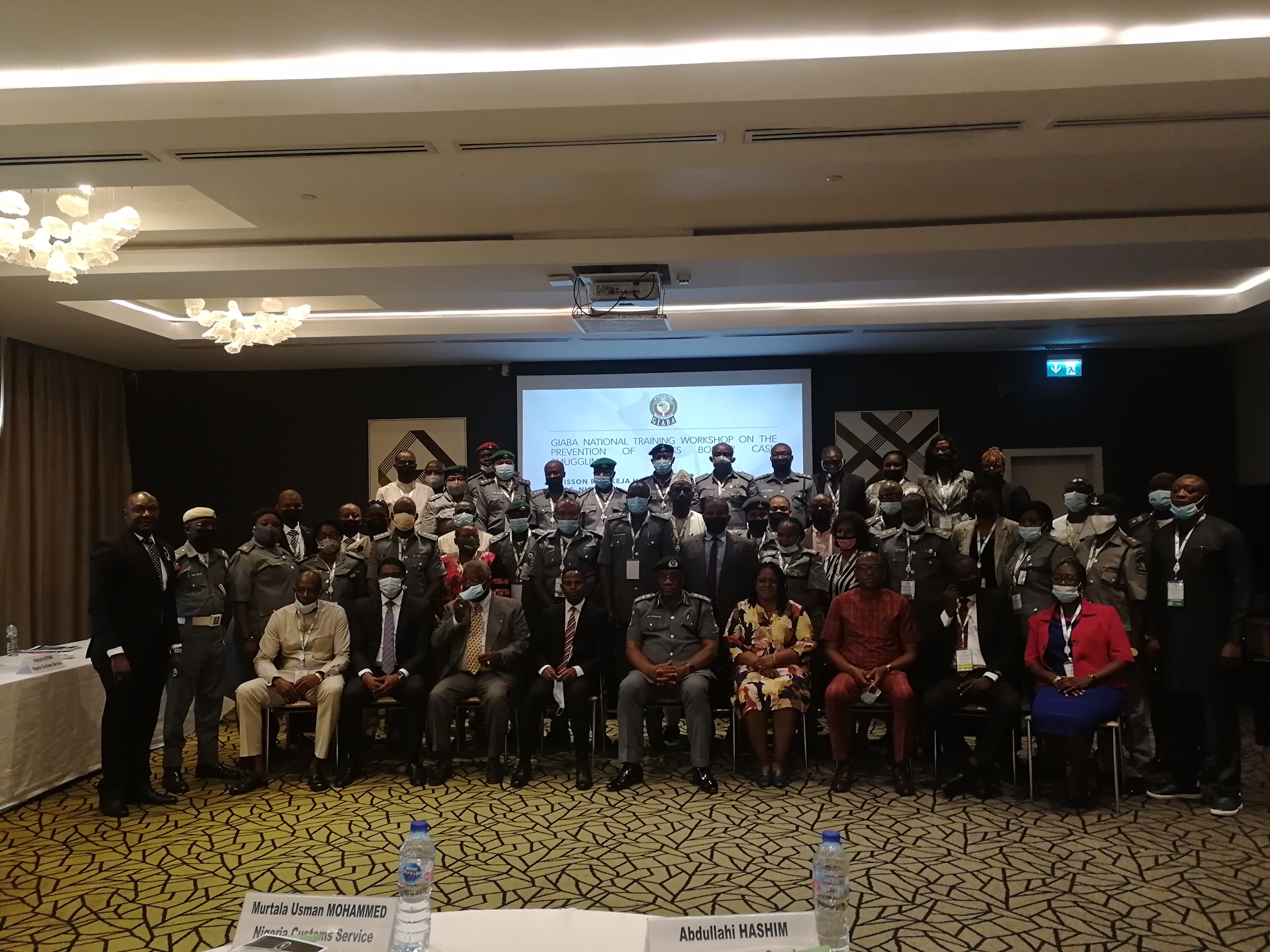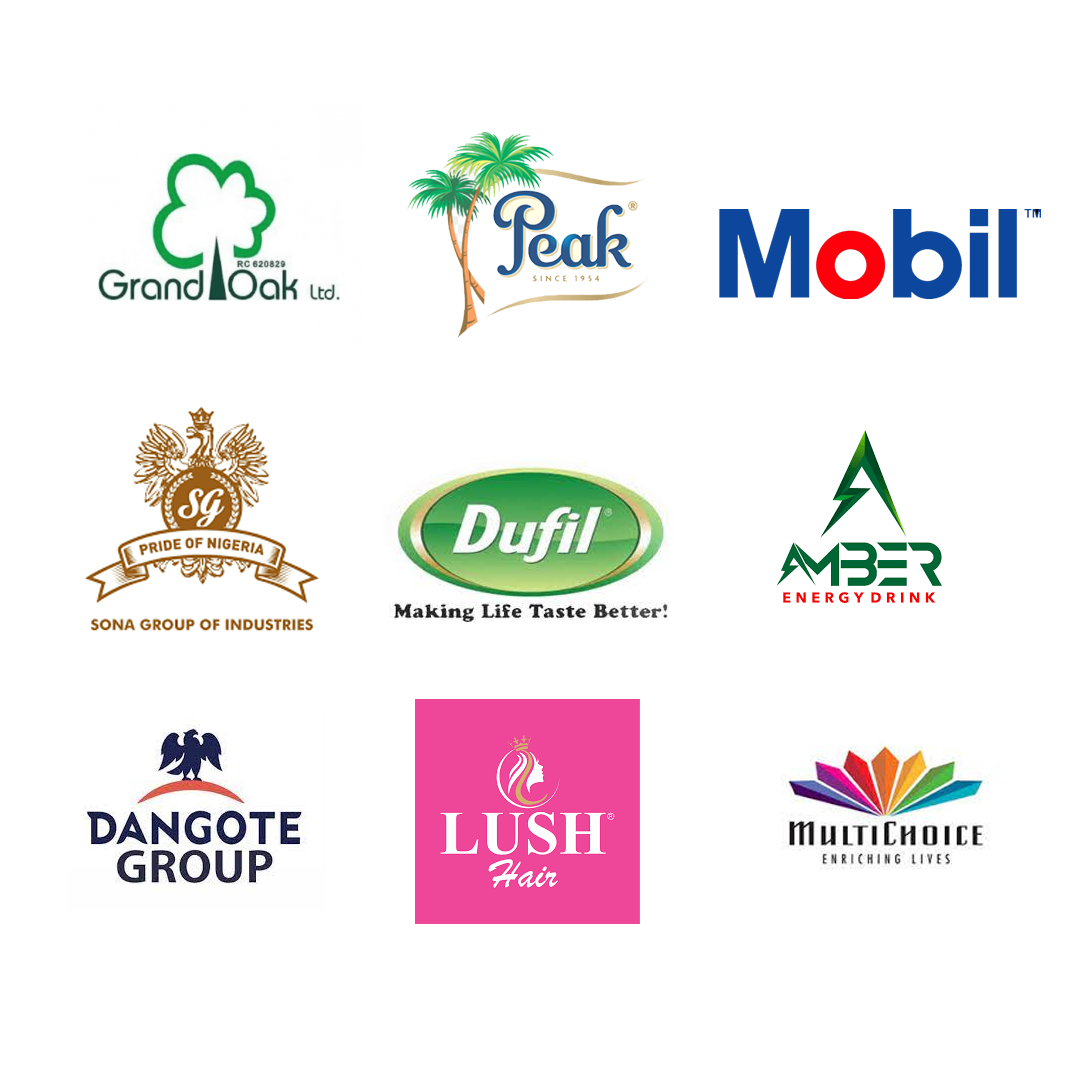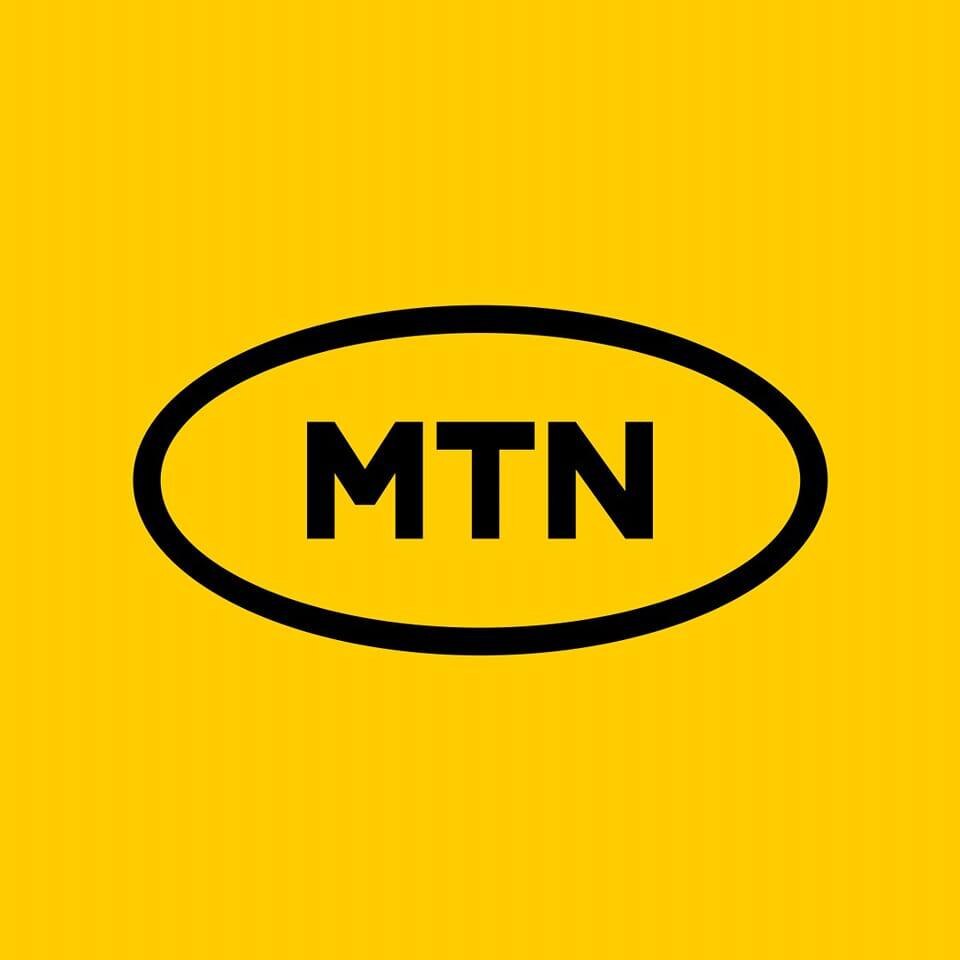By Abimbola Mohammed
The Inter-Governmental Action Group against Money Laundering in West Africa (GIABA), a specialized institution of the Economic Community of West African States (ECOWAS) as well as Financial Action Task Force-Styled Regional Body (FSRB) responsible for combating the scourge of Money Laundering (ML) and Terrorist Financing (TF) in West Africa, has commenced its 3-day Workshop/Training on raising awareness against the deleterious effects of Money Laundering and Terrorist Financing (ML/TF) in the region.
The Workshop and training with the Theme “Prevention of Cross Border Bulk Cash Smuggling” start on the 21st September at Radisson Blu Hotel, Ikeja Lagos, and will end on 23rd of September 2021.
According to GIABA, the training was organized towards raising awareness against the deleterious effects of Money laundering and Terrorist Financing (ML/TF) in the region and also to provide a platform for stakeholders to deliberate on the implications of cash couriering and to consider options for addressing the problem.
While giving the opening remark, The Comptroller General, Nigeria Customs Service, represented by Elton Edorhe, Comptroller–General, Enforcement, Investigation and Inspection, said Cross border bulk cash smuggling and smuggling of goods have remained rampant criminal activities within the region, with adverse implications for the economies of member States. “In particular, cross border bulk cash smuggling and cash transactions pose unique challenges to law enforcement efforts and the effective implementation of the AML/CFT regime in general.”
His words: “Recent Financial Action Task Force (FATF) report on ML through the Physical Transportation of Cash recognized cash smuggling as a significant risk, and that it was an increasing problem. The report noted that cash is still widely used in the criminal economy and it remains the raw material of most criminal activity. Thus, the dominance of cash in business transactions in our region and the informality of our economy, make our region vulnerable and attractive to criminals as these provide them with the anonymity they need to transact illicit businesses.”
He continued: “To support member states address some of the challenges associated with cash couriers and cash transactions, GIABA has published some typologies reports, including Typologies studies on Cash Transactions and Cash Couriers in West Africa and provided technical support/capacity building to critical stakeholders. As a follow up to the typologies study, a Regional Policy Workshop on Payment Systems and Cash Couriers in West Africa was organized in March, 2010 in Abuja, to share the outcome and recommendations with member states and to develop a framework of a comprehensive technical assistance to address the challenges of cash transactions and illegal cross border movement of cash and BNIs in West Africa.
“The devastating effects of ML/TF on regional socio-economic development and security call for greater commitment and collaboration, particularly amongst border authorities responsible for the implementation of the currency/BNI declaration regime. Therefore GIABA will continue to engage with all the critical stakeholders in the region and continue to provide the required technical support to ensure effective implementation of the Currency/BNI declaration regime in order to strengthen regional efforts against ML/TF.”
While giving his goodwill message, the Comptroller-General of Nigeria Custom service, Col. Hammed Ibrahim Ali (RTD) said the theme of the workshop is important now as the ECOWAS Region is currently facing challenges of various trans-border crimes such as kidnapping, banditry, terrorism etc, adding that there is no thought that all these crimes are linked to cross border smuggling cash.
Col. Ali noted: “The training workshop is targeted towards equipping the participants with measures aimed at militating the threat of cross border bulk cash smuggling.”
He assured participants that the training will be a worthwhile experience for all.
GIABA was established by the Authority of Heads of State and Government of the Economic Community of West African States (ECOWAS) in the year 2000 with the mandate to protect the national economies and the financial systems of member States from abuse and the laundering of the proceeds of crimes.





Comment
No comments found.